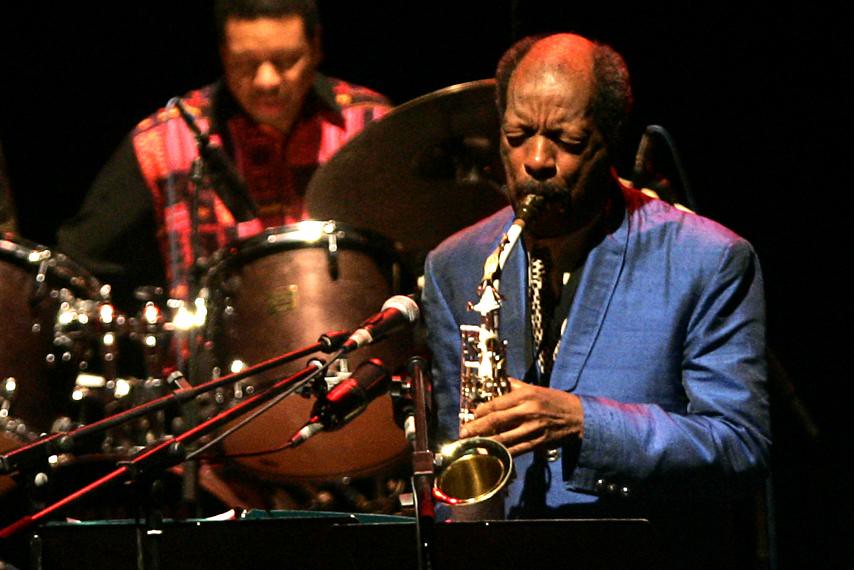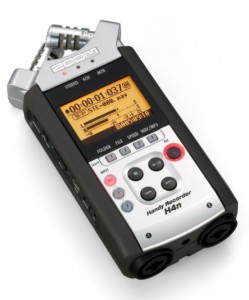“It was when I found out I could make mistakes that I knew I was on to something.”
-Ornette Coleman, saxophonist & composer
The Musician’s Way, p. 190
In the discovery phase of practice, all of us make errors as we try out interpretive and technical ideas.
“If you’re not prepared to be wrong,” says creativity guru Ken Robinson, “you’ll never come up with anything original.”
Nor are we likely to come up with anything very meaningful either.
As we mine the layers of unfamiliar pieces, we experiment freely, hang on to the good stuff, and leave the detritus behind.
Next, in the repetition phase of practice, we polish that good stuff until it gleams.
Making versus Repeating Mistakes
Although discovery can be messy at times – as we test one notion, discard it, and then explore another – it’s crucial that we don’t repeat errors much, or else we’d ingrain faulty habits.
In other words, we use discovery to investigate possibilities and make interpretive/technical choices; next, we rely on repetition to instill the habits we need to execute easily on stage.
Hence, repetition during practice, while remaining creative and flexible, is also quite neat.
And that neatness is essential to on-stage artistry because, to perform accurately and expressively in front of people, we need accurate and expressive habits of execution.
“To perform accurately and expressively in front of people, we need accurate and expressive habits of execution.”
Practice versus Performance Errors
That may seem simple enough, but the ways that we deal with errors in practice sessions differ radically from how we handle them in concerts.
When practicing, we analyze errors, root out their causes, and rework troublesome passages to clean
When performing, though, we disregard mistakes and focus on making subsequent phrases shine.
Added to that, in concerts, we strive to be both precise and spontaneous.
When we’re open to impromptu insights, we’re at our most creative, yet we also take more risks because performing in unrehearsed ways can make errors more likely.
Uniting Accuracy with Spontaneity On Stage
How do we reconcile the requirements of accuracy in concerts with our desire for spontaneity?
First, we have to prepare so thoroughly that the possibility of errors is minimized.
No performer can wholly eradicate mistakes, but when we learn our material deeply, our awareness becomes comprehensive. We can then vary timing, inflection, and, for some performers, improvise without losing security.
Even when errors do creep in, we’re able to feel around them and maintain the forward flow.
Are you confident in your ability to learn music deeply and perform joyfully? If not, consider assessing your performance skills and your practice habits.
Managing On-Stage Mistakes
Second, we must become adept at managing on-stage errors musically and psychologically so that, when they occur, they don’t threaten our performances or our self-esteem.
With fluent error-managing skills, when we flub, we keep on playing or singing with full conviction, and any blips become so minor that they have no negative effect on us or our listeners.
Later on, in practice sessions, we tackle the causes of such errors, and we become better musicians as a result.
Are you able to handle performance errors adeptly? If not, I invite you to study pages 190-201 of The Musician’s Way to gain fresh know-how; then, try out your error-handling abilities in practice performances. Be sure to record your experiments to evaluate your error-handling objectively.
* * *
In sum, we veteran musicians employ specific processes to assimilate compositions. Then, on stage, we deploy an array of performance techniques that optimize our expressiveness and accuracy while empowering us to manage whatever glitches arise.
With smart practice, rising musicians can acquire those same high-level skills.
The Musician’s Way delineates far-reaching methods to acquire practice, performance, and error-handling skills.
Related posts
The Art of Spontaneity
Beautiful Repetition
Handling Onstage Malfunctions
The Meaning in Mistakes
Practicing Performance
© 2018 Gerald Klickstein
Adapted from pages 190-191 of The Musician’s Way


